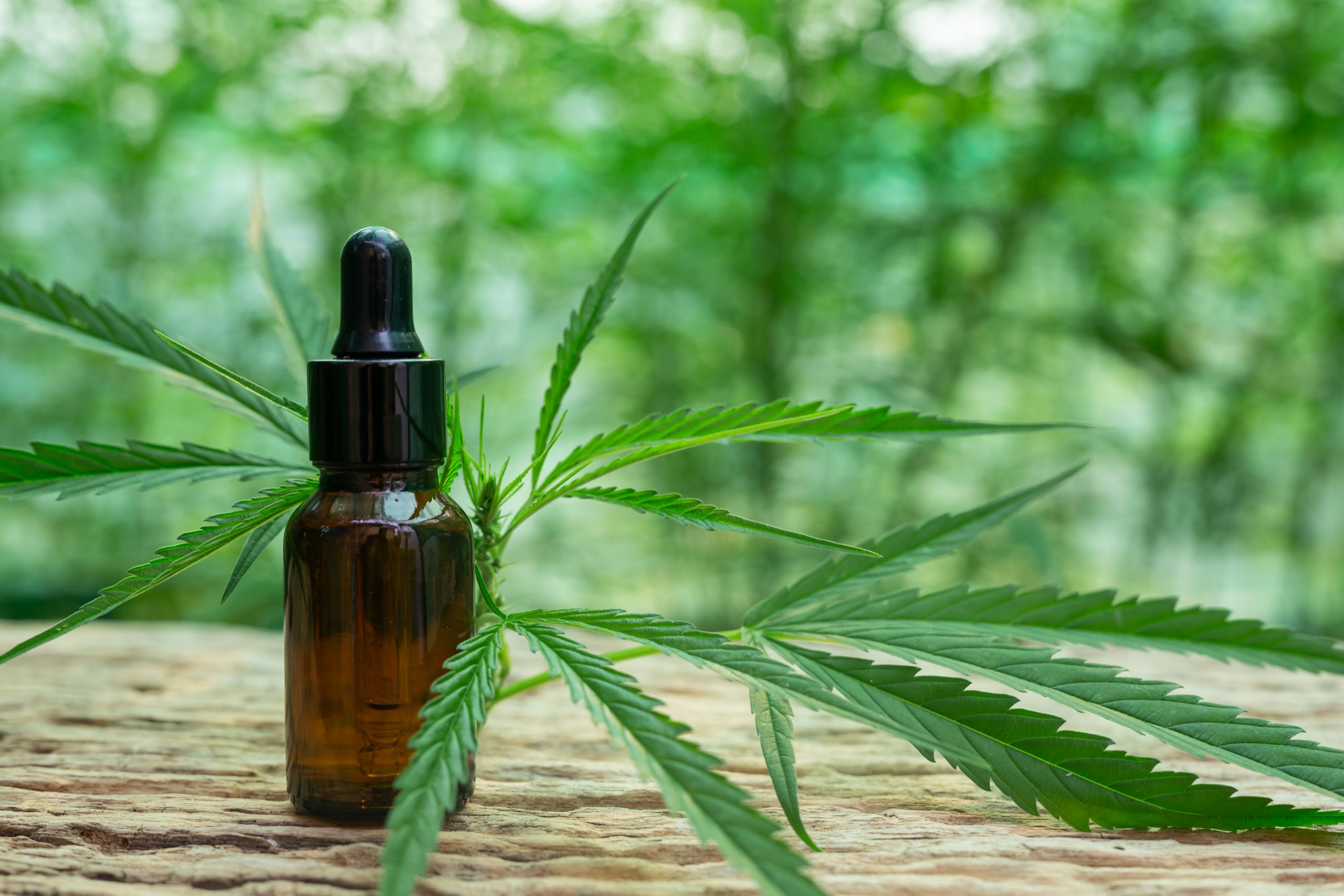CBD is a popular supplement that can be found in the high street, health food stores and department shops. It is claimed to ease pain, anxiety and sleep problems.
It has become more popular since Charlotte Caldwell’s campaign for access to medical cannabis oil for her son Billy who has severe epilepsy. However, it is important to understand the UK law around CBD products.
Legality
CBD oil and other CBD wellness products sold over the counter are legal in the UK as long as they meet strict regulations set out by government authorities. Reputable producers such as British Cannabis work hard to ensure their CBD supplements meet these standards either under their own brand or as ‘white label’ products for other brands.
In November 2018, the UK changed its laws on medical cannabis, also known as CBD oil, by removing it from the Scheduled Medicines list, meaning it can be prescribed by doctors. However, the change in legislation has not yet extended to the NHS.
This is due to the fact that over the counter CBD products are currently regulated under Novel Foods regulations, which stipulates that any product not in general use before 1997 is classed as a novel food. This means that the industry must submit a Novel Food Application to remain on the market. This includes detailed safety studies, certificates of analysis and more.
Safety
Many CBD products that are sold online and on the high street don’t have proper authorisation. This means that they may contain harmful contaminants and not be safe for consumption. Always check the labels before buying and if possible go for a company that uses third-party lab testing to ensure their products are safe.
As a result of the wide variety of product types and compositions of consumer CBD products, the detection and quantification of the controlled phytocannabinoids in these can be challenging. For example, sample matrix effects can significantly reduce the efficiency of extraction and analytical methods used.
Furthermore, a proportion of the current marketing of consumer CBD products makes unsubstantiated claims about their medicinal benefits. This can lead to confusion about the appropriate indications for these products and the risk of harm associated with their use (Egan et al., 2020). Moreover, most respondents were not aware that changes to regulations requiring the novel food status of CBD meant that these products now had to meet certain THC limits.
How to take
CBD can be taken in many different forms including tinctures, capsules and paste. A tincture is an oil that you can drop under your tongue, this is preferable as it is quickly absorbed into the bloodstream avoiding the digestive tract. It is important to note that if you take this form of CBD you must wait upwards of 30 minutes before feeling the effects.
Capsules are easy to carry and dispense a precise amount of CBD. They are also easy to digest and have minimal flavour. The downside of taking these is that they can take longer to produce results as the CBD needs to be metabolised by your digestive system.
CBD paste is a thick putty-like substance that comes preloaded in a syringe making it easy to dispense a precise dose. It can be added to any food or drink and is also ideal for using topically on painful areas of the body.
Side effects
CBD can cause some side effects but they are usually mild and do not last long. These side effects are typically related to the dose you take. It is recommended that you start with the lowest possible dosage and gradually increase over time. You can also add the CBD product to your existing medications. This can help you avoid drug-drug interactions.
CBD may interact with some pharmaceutical drugs. For example, it can decrease the absorption of CYP1A2 substrates (theophylline, caffeine) and inhibit CYP2B6 metabolism (bupropion, efavirenz). It can also reduce the blood levels of phenytoin.
CBD can be bought over the counter as a health supplement in the UK, provided it is registered as a novel food with the Food Standards Agency and is made from an approved strain of hemp that contains very little to no THC. However, many products on the high street aren’t always properly authorised. Consumers are advised to choose a brand that is conscious of transparency and will be happy to show lab reports for their products.CBD UK
